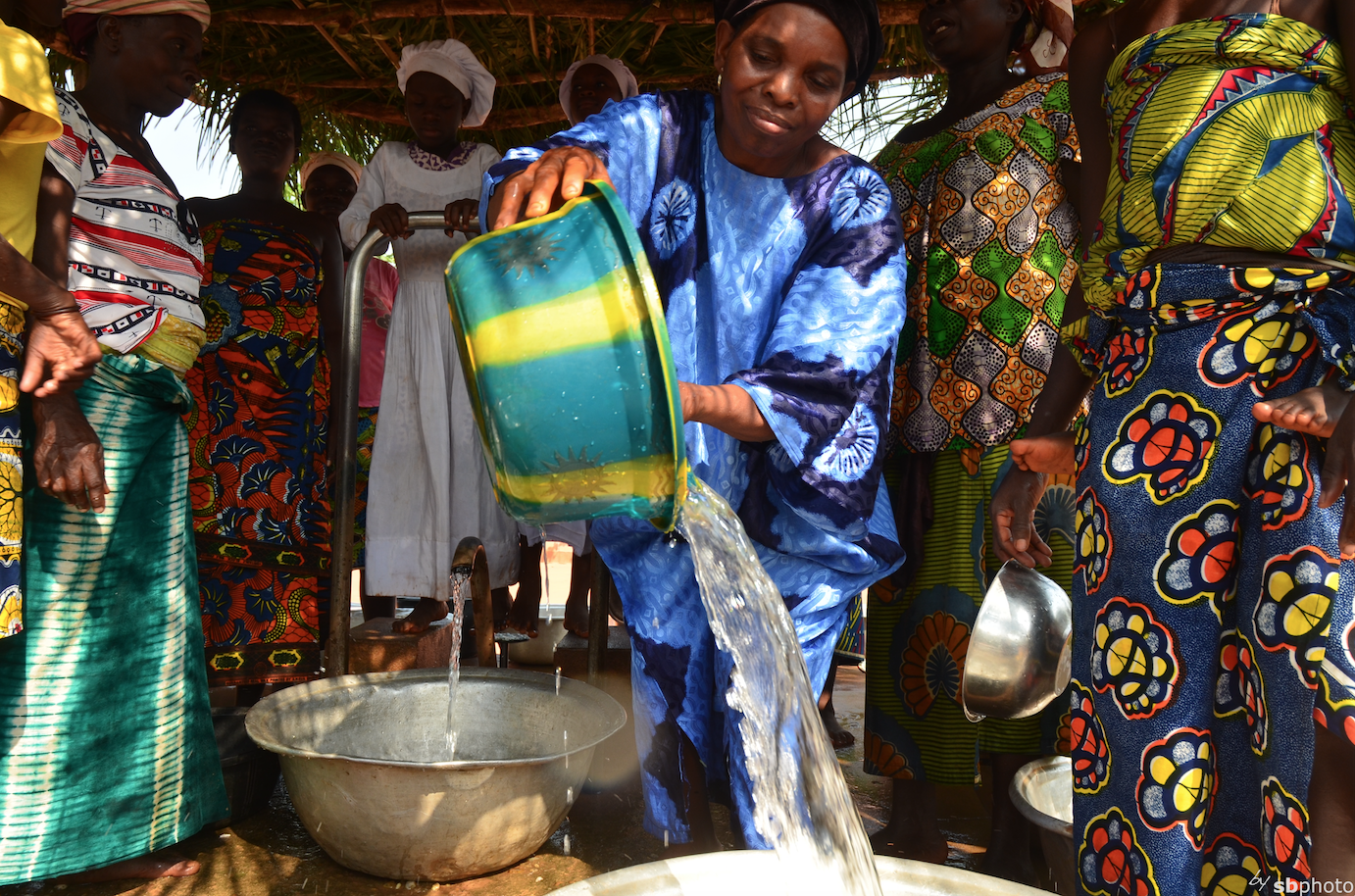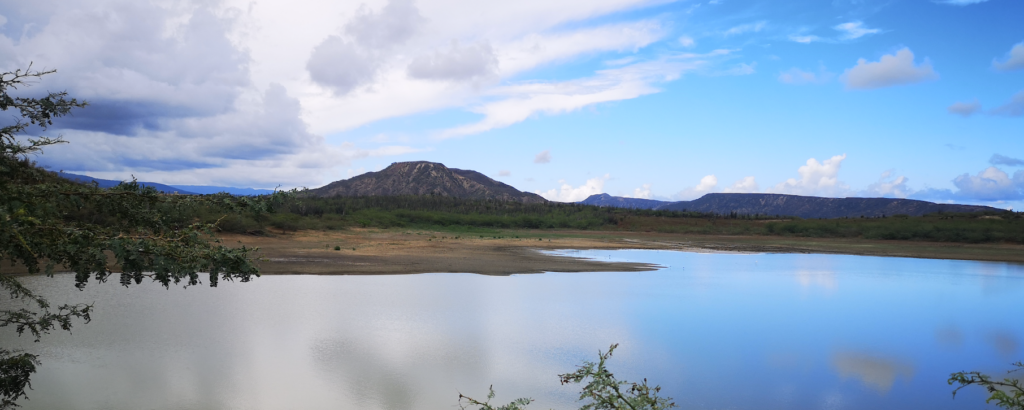Join For Water guarantees water for people and nature alike, today and tomorrow. We operate in 9 countries, with various different partners. Together we are focused on climate action for a balanced water cycle and preserving the environment to protect our water supplies. We improve access to, as well as the management of, drinking water and sanitation, and make water available for food production. We strive for conscious use.
Every year, we protect and restore water-rich nature areas, equivalent in size to 75,000 football pitches. Every year, 100,000 people enjoy the benefits of ecosystems that are protected and restored or gain sustainable access to water.
Approach
We operate with one basic principle: everyone has the right to water, human beings and nature alike. In order to achieve this, we need to work together. Join For Water can rely on a fruitful working relationship with around forty partners in the field. These are all organisations that are based in the countries we operate in, and that improve the quality of life for their community and/or protect the environment. We learn from one another and grow together. We also involve other partners, including businesses, government bodies, foundations, research partners, networks and civil society organisations.
The right to water is not just an important topic for today. That is why the protection of freshwater ecosystems is at the heart of everything we do. By protecting or restoring this precious natural resource, we can continue to enjoy its benefits in the future. But we also think about tomorrow in a different way: proper management of the infrastructure will ensure that it continues to work.

History
On 14 January 1977, Protos – which later became Join For Water – was founded by Antoon De Pesseroey, an industrial patron from Ghent.
Protos starts its operations in Haiti, and in 1982 expands to DR Congo. In the 1990s, operations get underway in Benin (1994), Mali (1995), Rwanda, Burundi, Ecuador and Belgium (1997). Followed by Uganda and Madagascar, in 2000 and 2006 respectively. Protos manages to successfully complete its operations in Rwanda (2016) and Madagascar (2018). Since 2017, the team in Ecuador has continued as an independent organisation.
In the 1980s, it becomes clear that infrastructure must also be properly maintained. In order to ensure good management, it is important that the relevant bodies (local communities, governments, organisations) are involved from the outset. Protos gradually starts evolving into an organisation that has an eye for technical, as well as sociological aspects. The arrival of the 1990s sees more attention paid to strengthening local NGOs and administrations, to regional planning and management structures and influencing policy.
2002 is an important milestone. Protos is now focused exclusively on water – drinking water, sanitation, hygiene and water for agriculture – establishing its unique status as the only water NGO in Belgium. The principles of Integrated Water Management are applied, a form of water management that takes into account the needs of the various users, upstream and downstream, today and tomorrow. There is also an increased focus on good local management. This is important because, in many countries, the authority when it comes to managing the supply of drinking water, among other things, is transferred from national to regional or local level.
In 2017, the program in Belgium takes on some new forms. Protos establishes the link between our consumption of water and the global water challenges. The water footprint is a concept that is gaining more ground all the time.
On World Water Day 2019, Protos changes its name to: Join For Water. Fresh, engaging and focused on cooperation. In changing the name, Join For Water reinforces its position as the water NGO in Belgium.
Climate change, population growth and water pollution present us with new challenges. We can no longer automatically assume that there will be sufficient freshwater resources. As of 2022, Join For Water will therefore apply a new strategy that focuses on the protection and conservation of water-rich ecosystems. Resilient water ecosystems ensure that sufficient water will remain available, for drinking water, water for agriculture, and water for nature itself. In addition, they offer protection against climate change related weather events.

